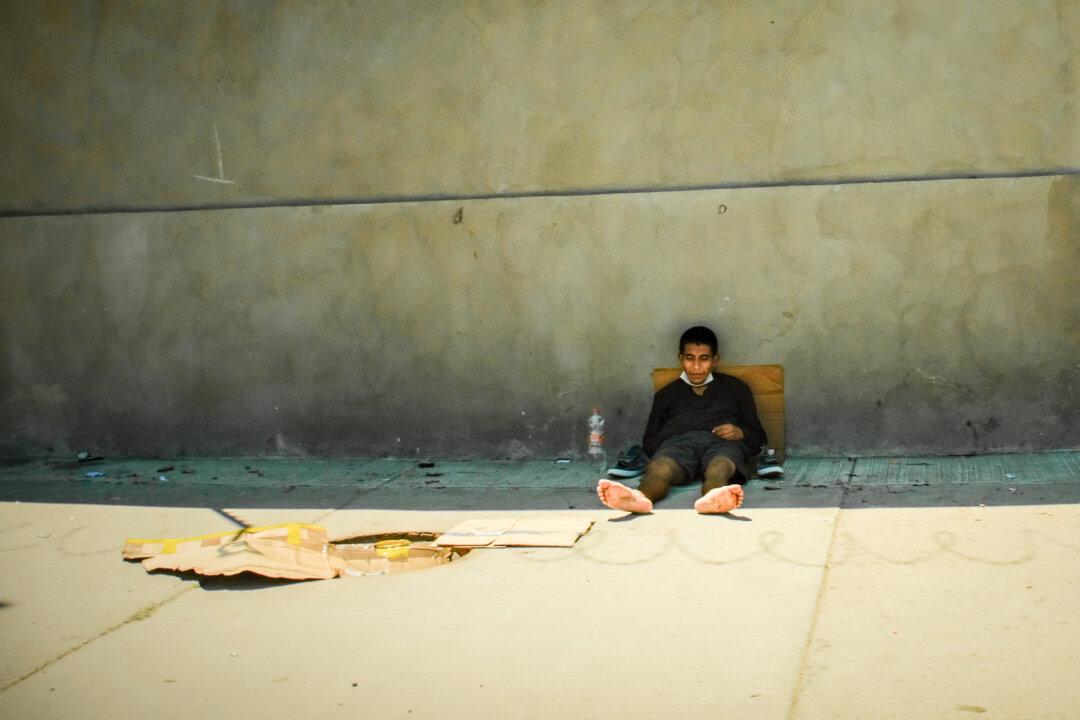“They were literally shooting up gutter water on the streets of Tijuana,” Pastor Robert Lortz told The Epoch Times.
“They are people [who] are dying, and we are excited to bring them back with us if that’s a decision that they want to make.”

“They were literally shooting up gutter water on the streets of Tijuana,” Pastor Robert Lortz told The Epoch Times.
“They are people [who] are dying, and we are excited to bring them back with us if that’s a decision that they want to make.”